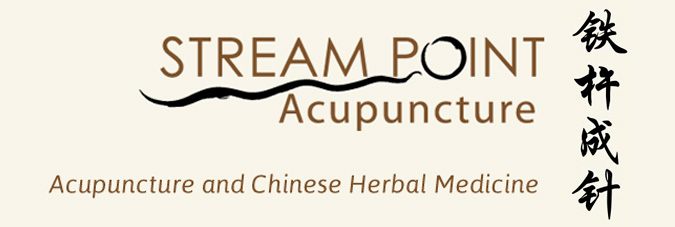 In my last article “You Do Need Nutritional Supplements” I wrote about the importance of taking supplements. I know that most of you were just so excited, that you have been waiting for me to write about a Vitamin so that you can go to the grocery store or a vitamin store to go pick some up! Now, before you do that, we need to discuss the importance of consuming a quality supplement.
In my last article “You Do Need Nutritional Supplements” I wrote about the importance of taking supplements. I know that most of you were just so excited, that you have been waiting for me to write about a Vitamin so that you can go to the grocery store or a vitamin store to go pick some up! Now, before you do that, we need to discuss the importance of consuming a quality supplement.
The reason that you can purchase all sorts of supplements from just about any store is because the FDA does not regulate Nutritional Supplements. For those of you who are into deregulation, this may sound great. However, the problem with this is that anybody can manufacture some sort of supplement, slap a label on the bottle, and make $$$. What this means for you as a consumer is that there is no guarantee that what is on the “Label” is in every dose that you take. It also means that the manufacturing facilities may not be as clean as you would expect. Who cares if you have traces of Arsenic in your vitamins? Well, I do. What about absorption? Is the supplement breaking down so that your body actually absorbs what it needs? Or is it just going in your mouth and out your bum-bum? While there are many factors to a quality supplement, I want to highlight the absorption/Bioavailability area. Once again, I turn to my Scientist experts from USANA Health Scientists. Enjoy!
“Bioavailability is defined as the degree and rate at which a substance (as a drug) is absorbed into a living system or is made available at the site of physiological activity. Different vitamins and minerals have different absorption rates regardless of their source (tablet, liquid, powder, or food). Calcium, for example, has a fairly standard absorption rate (~25-35%). The delivery form does not generally make a significant difference.
There are many factors that can affect the absorption of vitamins and minerals. Some of these factors are a function of the person taking the nutrient and are dependent on the age of the person, the integrity of their digestive system, the state of their health, the time of day, the person’s gender, and if the supplements were taken on a full or empty stomach. People whose nutrient needs are greater – such as growing children, pregnant or lactating women, and those who are currently deficient – may have significantly enhanced absorption rates for certain nutrients.
Recently, some individuals and companies have made claims that their products are superior because they are “98% absorbed” (or some similar number). This is a misleading statement because there are far too many variables to imply that an individual’s absorption is a certain percent of the material consumed. Even absorption of minerals from food sources can vary significantly. Boron, molybdenum, and iodine can be absorbed at over 90 percent, while the average absorption rates of zinc, copper, and selenium can range from 30 to 80 percent depending on the form.
From this, it is obvious that stating a specific absorption rate on a package or in advertising is almost always misleading and inaccurate.” –Usana Health Sciences, Ask the Scientists
If you need some help finding a quality supplement, check out “Comparative Guide to Nutritional Supplements” by Lyle MacWilliam, MSc, FP
Mandy Kiley, LMT at Stream Point Wellness

